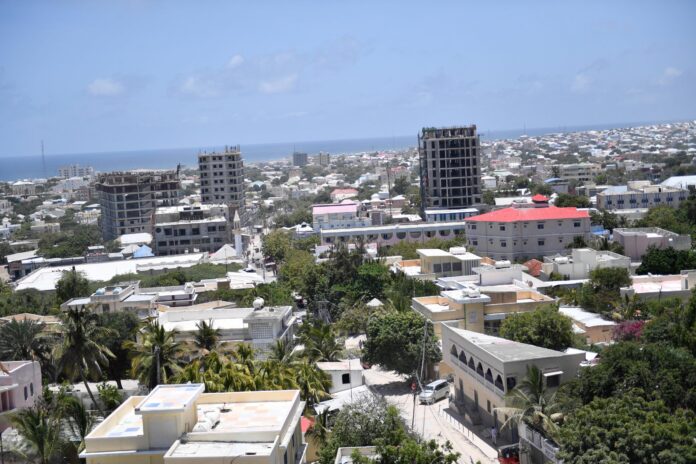MOGADISHU, Somalia – In the early hours of the morning, the neighborhoods of Garasbaaley and Ceelasha Biyaha on the outskirts of Mogadishu were rocked by mortar attacks, resulting in casualties among both military personnel and civilians.
The incident, which occurred shortly after midnight, targeted an area near the site of a previous day’s suicide bombing where NISA (National Intelligence and Security Agency) troops were stationed.
According to local reports, the mortars not only struck military targets but also landed in residential areas, leading to injuries among the civilian population. A local source has confirmed at least two injuries, though the full extent of the damage and casualties might be higher due to the scattered impact of the artillery.
The attack follows a pattern of violence in the region, often attributed to ongoing conflicts involving al-Shabab militants, who have been known to target security forces and government installations. However, no group has immediately claimed responsibility for this specific incident.
This morning, the situation in the affected areas has stabilized, with Somali government security forces promptly initiating an investigation into the attack. The investigation aims to ascertain the exact number of casualties, and the perpetrators behind the mortar fire, and to prevent future occurrences.
Residents expressed fear and frustration over the recurring violence, with calls for increased security measures to protect civilian lives. The Somali government has yet to release an official statement on the matter, but sources indicate that a thorough review of security protocols around sensitive military and civilian zones will be part of the response strategy.
This incident underscores the ongoing security challenges in Mogadishu, where despite efforts to quell insurgent activities, civilian areas remain vulnerable to such attacks. The international community has been urged to support local efforts in enhancing security and stability in Somalia, particularly in its capital, where such incidents continue to disrupt peace and development.





